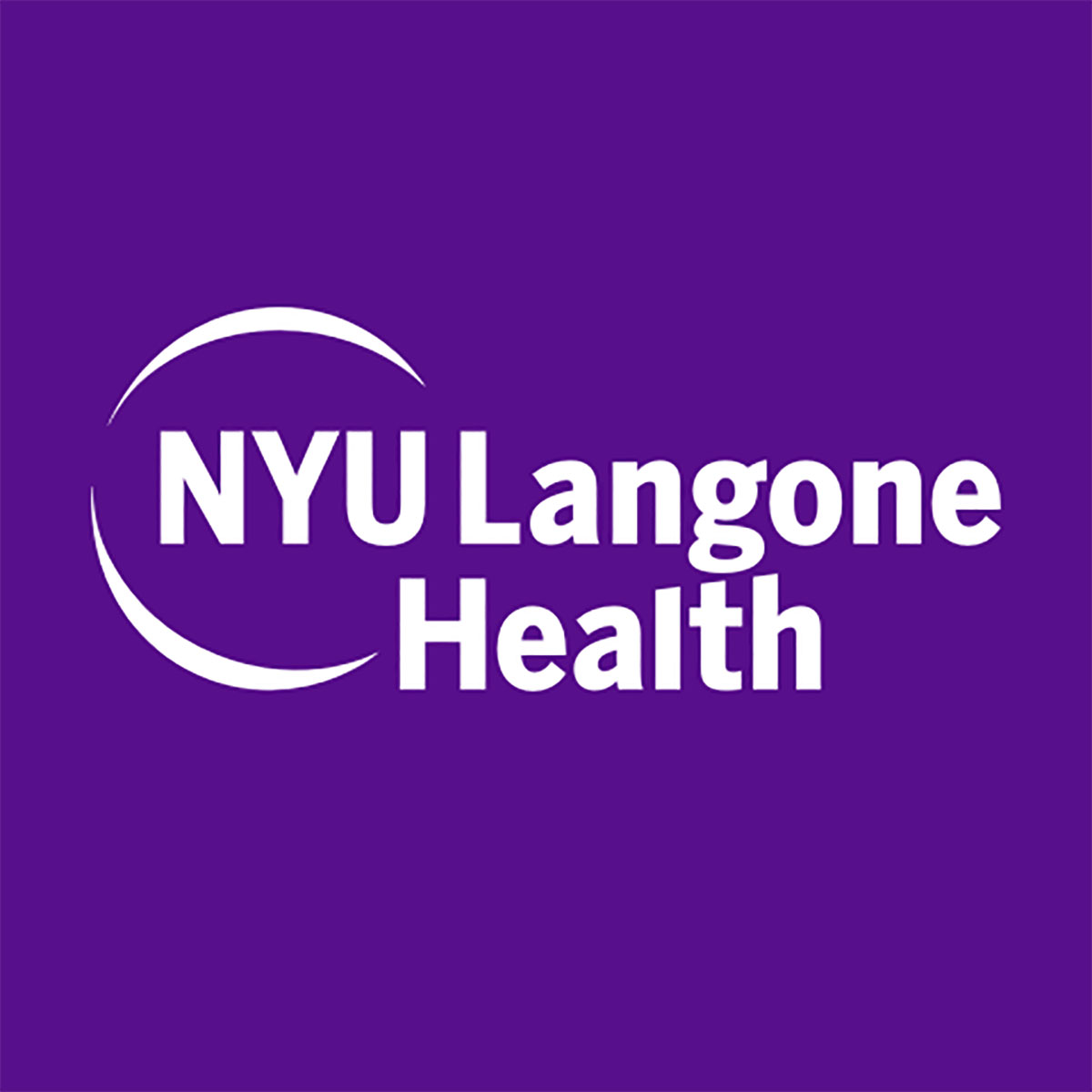Many who complain about DO bias weren't competitive to be accepted at MD schools. Yet, as
@Goro says, they think they will hit a 3 pointer at the buzzer and match a competitive residency. They think they will excel in med school when they didn't in undergrad. This can happen occasionally, but is far from frequent. To get accepted at a competitive residency it requires a competitive app for that specialty. Boards, class rank, LORs,research, etc. DOs are sadly not interviewed 36% of the time. With more new MD and DO grads, programs will be increasingly more competitive. When applying, understand the game as it changes frequently. Apply to specialties and programs where your stats are competitive and have a Plan B. Its not all gloom and doom, it just keeps getting harder.

